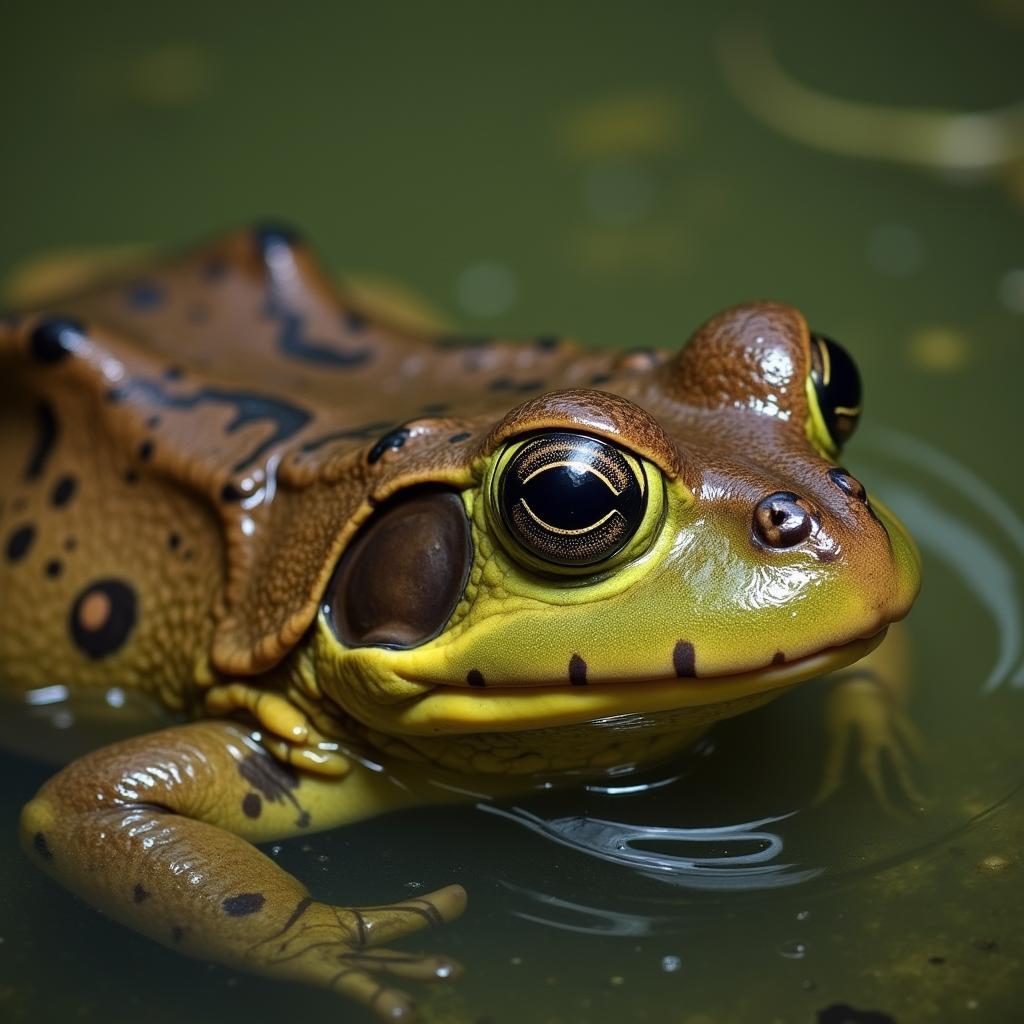Exploring the Diverse African Bird Planet
Africa, a continent renowned for its incredible biodiversity, boasts an astounding array of avian life. With over 2,300 bird species gracing its diverse habitats, the African Bird Planet offers a captivating spectacle for bird enthusiasts and nature lovers alike. From the iconic soaring raptors of the savanna to the vibrantly colored parrots of the rainforest, Africa’s feathered inhabitants never cease to amaze.
A Tapestry of Habitats, A Symphony of Birds
Africa’s diverse ecosystems, ranging from arid deserts and vast grasslands to lush rainforests and sparkling coastlines, provide sanctuary to an extraordinary variety of bird species. Each habitat boasts its unique set of avian residents, each adapted to thrive in its particular environment.
The savannas of East Africa, for example, are home to iconic species such as the African Fish Eagle, its piercing call echoing across the plains, and the Secretarybird, a raptor known for its elegant plumage and unique hunting technique of stomping on its prey.
A Kaleidoscope of Colors: The Brilliance of African Birds
African birds are renowned not only for their diversity but also for their breathtaking array of colors. From the vibrant scarlet of the Northern Carmine Bee-eater to the iridescent plumage of the Lilac-breasted Roller, these feathered wonders paint the African landscape with breathtaking hues.
These vibrant colors serve a variety of purposes, from attracting mates to providing camouflage amidst the foliage. The males of many species, such as the paradise whydahs, sport elaborate and colorful plumage to entice females during courtship displays.
Migratory Marvels: Journeying Across Continents
The African bird planet witnesses an incredible spectacle twice a year – the arrival and departure of millions of migratory birds. These feathered travelers embark on arduous journeys, some spanning thousands of miles, between their breeding grounds in Europe and Asia and their wintering grounds in Africa.
Among these intrepid travelers are species like the European Bee-eater, a colorful visitor to southern Africa during the summer months, and the Amur Falcon, a small raptor that undertakes one of the longest migrations of any bird, traveling from Siberia to southern Africa and back each year.
Conservation Challenges: Protecting Africa’s Feathered Treasures
While the African bird planet teems with life, many bird species face growing threats to their survival. Habitat loss due to deforestation, agriculture, and urbanization, along with climate change and illegal wildlife trade, pose significant challenges to the conservation of these feathered treasures.
“Protecting Africa’s birds requires a multifaceted approach,” states Dr. Joseph Ndung’u, a leading ornithologist based in Kenya. “We need to address habitat loss, combat illegal wildlife trade, and promote sustainable practices that benefit both people and birds.”
Frequently Asked Questions about the African Bird Planet
What is the most common bird in Africa?
While there’s no single “most common” bird, the Quelea, a small, sparrow-like bird, is often cited due to its massive flocks that can number in the millions.
What is the biggest bird in Africa?
The African Ostrich, standing tall at up to 9 feet and weighing over 300 pounds, holds the title of the largest bird in Africa and the world.
Are there penguins in Africa?
Yes! Contrary to popular belief, penguins aren’t limited to icy Antarctica. African Penguins reside along the southwestern coast of Africa.
Delve Deeper into the African Bird Planet
Interested in learning more about the captivating world of African birds? Explore our other articles:
Let’s continue to appreciate, learn about, and protect the awe-inspiring African bird planet.
Need assistance planning your birding adventure in Africa?
Contact us:
- Phone: +255768904061
- Email: kaka.mag@gmail.com
- Address: Mbarali DC Mawindi, Kangaga, Tanzania
Our dedicated team is available 24/7 to assist you.


